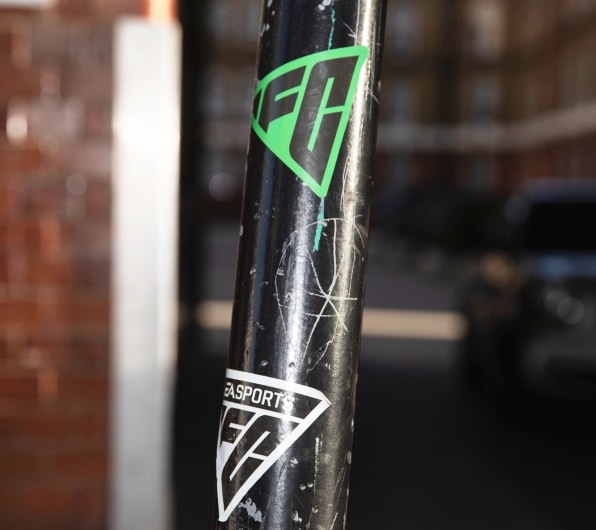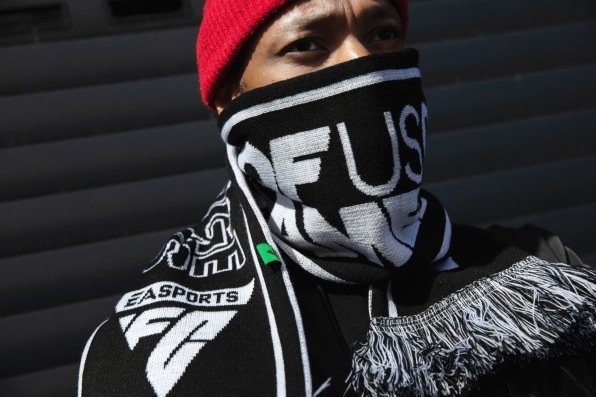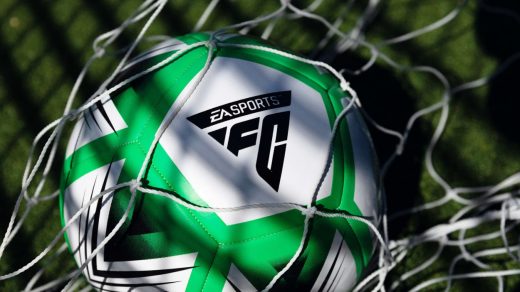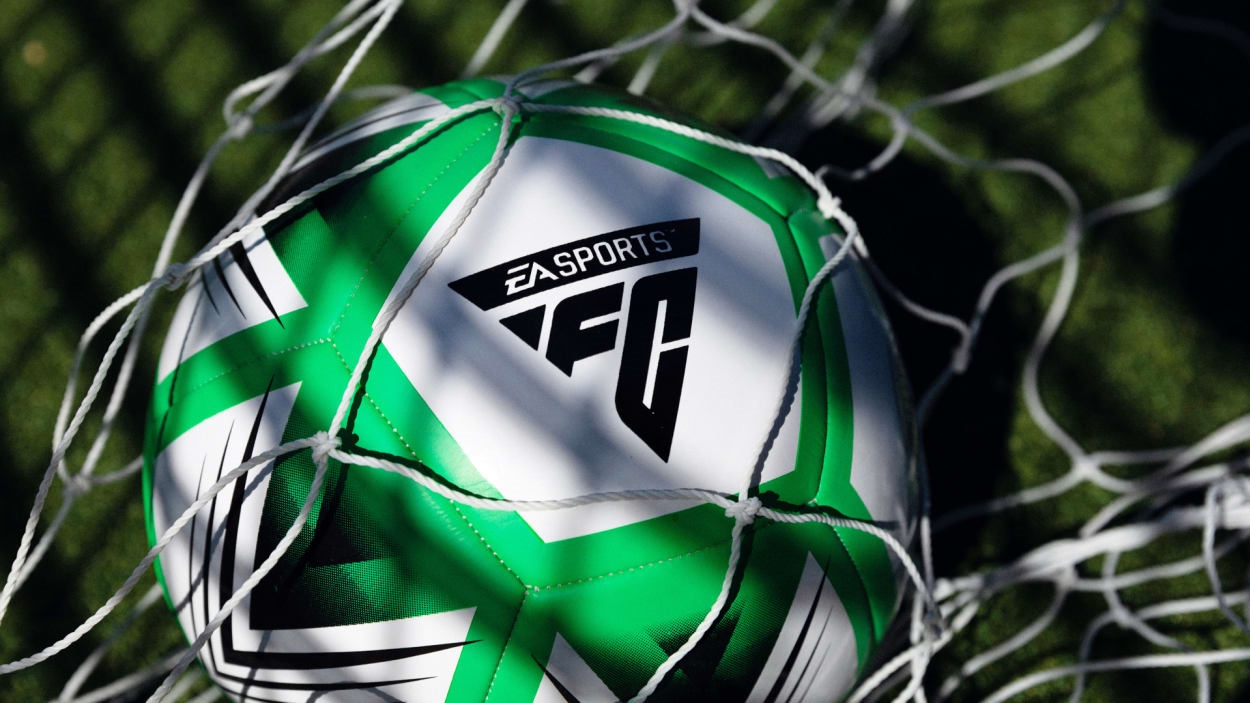Video game giant EA Sports unveils its FIFA-less brand for FIFA soccer
By Luke Plunkett
Video game publisher Electronic Arts (EA) announced a momentous change last May for its flagship soccer series, known simply as FIFA. A spat with the sport’s governing body over licensing costs saw EA part ways with its game’s namesake, ending a partnership that, over three decades, had produced one of the world’s biggest-selling and most profitable video game properties.
FIFA had reportedly asked for $1 billion to continue the deal, a sum no video game publisher in their right mind would pay. But the decision by EA to part ways nevertheless carries a great deal of risk. FIFA might be the name of the (corrupt and inept) organization, tasked with overseeing world soccer, but for generations of fans and gamers, it’s also synonymous with a video game series.

FIFA (EA’s product, not the organization) is more than a video game. Through its marketing, multiplayer focus, and licensing agreements with major leagues and teams, it’s now a cultural icon. Around the world, but especially in Europe, it’s part of the social lives of young people, referenced by influencers and rappers alike. (It helps that the word FIFA has strong rhyming potential.)
It’s a video game property with the kind of mainstream appeal—and sales figures—that competitors can only dream of. In 2021, the last time Electronic Arts reported figures related directly to FIFA and its digital sales, FIFA made over $1.6 billion through its Ultimate Team card sales alone.

To be clear: The game isn’t going away. The same developers are working on it, the same code is underpinning it, and EA Sports will still release a soccer game later this year that will look and play much the same as last year’s edition. Only now it won’t be called FIFA, it’ll be called EA Sports FC, and as colossal as the FIFA brand has been over the decades, the reveal of the series’ new branding shows that the game has an uphill battle ahead of it.
While the game itself won’t be on shelves for months, Electronic Arts showed off the series’ new “brand identity, logo, and vision” for the first time with a selection of images and short videos. The company suggests that the game’s full name, EA Sports FC, will more commonly be shortened to EAFC, or even just FC if fans are short on time (and looking for a quick rhyme).
The new branding, EA says, was inspired by triangles, a shape that has meaning in soccer, but which also appears throughout EA’s games, most notably as the player indicator symbol that sits atop each avatar.
For what it’s worth, I really like the new logo and branding. It’s correct in all those video game-specific ways (triangles are important in the game’s design language), and it makes strong links to the actual sport as well. Cramming the letters into a simple geometric shape harks to the design of club crests, while the triangle is also an important shape in soccer’s passing strategies and training drills.
As the English Premier League has shown over the past few years, a strong, consistent branding effort—which remains the same across TV, video games, and even Ted Lasso episodes—can do wonders for your image. EA’s decision to keep things simple is likely going to pay dividends in the years to come.
But what about the immediate future? Even if these triangles and the new name become as synonymous with the series as the letters “FIFA” once were, there’s a battle ahead to inform gamers—millions of whom may yet be oblivious to the changes—about the split, and to carry them through the transition from one name to another. (EA Sports FC will be conducting an advertising blitz this weekend across Europe’s major soccer broadcasts to help.) It took 30 years for the name FIFA to become a cultural icon; it might take more than one year for EA Sports FC to manage the same.
(9)



